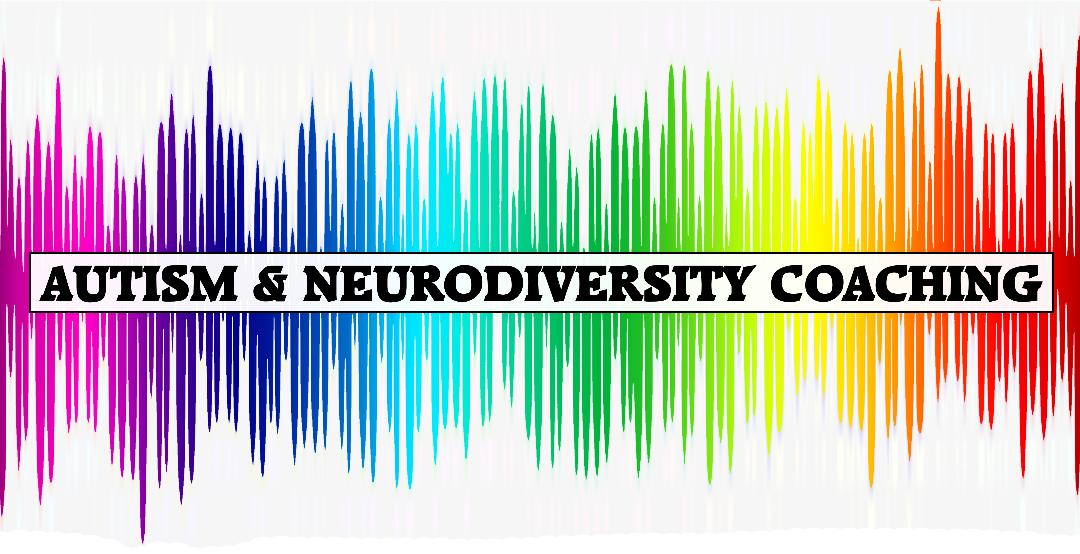Dyslexia's Unique Advantages in Sports Part 3

Adaptability to Changing Environments
Athletes with dyslexia are often more adaptable in changing environments because they are used to navigating challenges and adjusting to new ways of learning. This flexibility can be an advantage in sports where conditions are constantly changing—whether it's the weather, the pace of a game, or an opponent's strategy.
In outdoor sports like surfing, skiing, or sailing, where athletes must constantly adapt to the unpredictability of nature, the ability to adjust quickly to new circumstances is crucial. Dyslexic athletes tend to excel in these environments, where traditional rules and routines are replaced by quick thinking and adaptability.
Intuition and Instinct
Because dyslexic individuals often rely less on linear processing and more on intuition, they can develop a heightened sense of instinct. This can be particularly beneficial in sports like boxing, MMA, or soccer, where reading your opponent’s body language and anticipating their next move is key to success.
Intuitive thinking allows dyslexic athletes to "read" the game on a deeper level. They may anticipate movements or outcomes faster than others because they are more attuned to patterns and visual cues. In high-speed sports, this ability to trust one’s instincts can lead to quicker reactions and better decision-making under pressure.
Persistence through Repetition
In sports, the need for repetitive practice is essential for mastery. Many dyslexic individuals, having spent their lives working harder to achieve academic success, are naturally persistent. This persistence can translate into a strong work ethic on the field or in the gym, where consistent effort and dedication are often the keys to athletic success.
Dyslexic athletes may be more willing to embrace the grind of repeated drills and practice sessions. They understand the value of repetition and have developed strategies to improve incrementally, using their determination to hone their skills to perfection.
Unconventional Strategies in Competitive Sports
Athletes with dyslexia are often strategic thinkers who can see the bigger picture, sometimes spotting opportunities that others miss. This ability to think unconventionally makes them a valuable asset in sports where game plans and tactics play a significant role. Whether it’s making a surprise play in football or outsmarting an opponent in chess or eSports, dyslexic athletes bring a fresh perspective to competition.
In football, for instance, a quarterback with dyslexia may see gaps in the defensive line more clearly, helping to craft innovative plays that exploit weaknesses. Similarly, in basketball, a dyslexic player might develop a better feel for passing and movement, using creativity to find openings and assist teammates.











